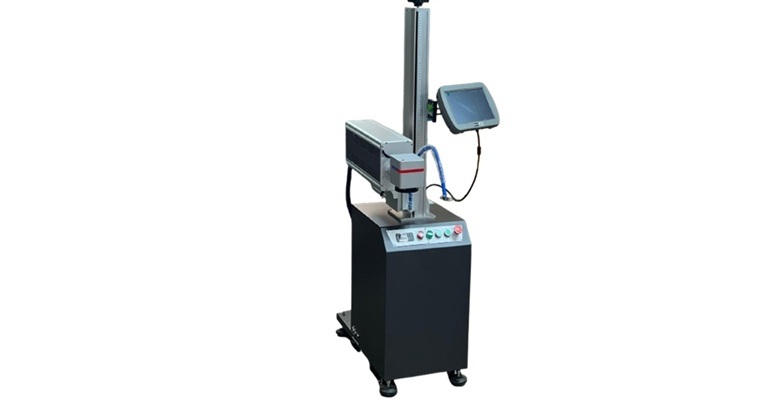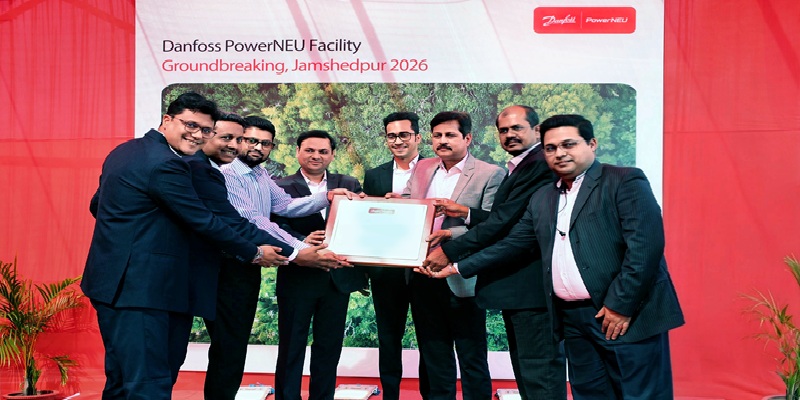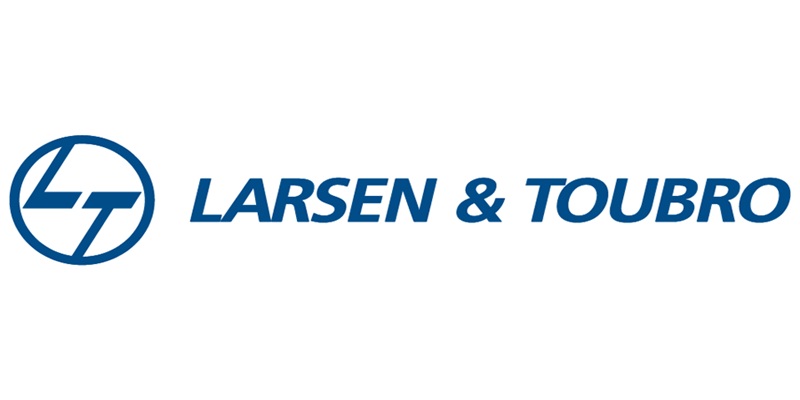Schedule a Call Back
India embedding sustainability in manufacturing to become a global hub
 Articles
Articles- Mar 30,23

With India’s vision of Atmanirbhar Bharat, the manufacturing industry has a bright future. The Covid-19 pandemic disrupted global value chains (GVCs), manufacturing, and supply chains that were dependent on certain geographic locations for raw materials which in turn affected various stages of production in distinct locations around the world. Now, with the industry’s focus on localising supply chains, introducing emerging technologies, and giving back to the environment by enabling sustainable manufacturing, global companies are much more resilient, which gives India a unique opportunity to become a global manufacturing hub. Along with the government’s support through incentives and schemes to promote localised manufacturing and the country’s considerable proportion of the young workforce, India has the potential and the resources that can be capitalised to promote localised manufacturing.
Embedding sustainability in manufacturing in India to become a global hub for the industry would involve implementing a variety of strategies and practices to reduce the environmental and social impacts of production while also promoting economic growth. While promoting economic growth and higher living standards, manufacturing corporations inadvertently harm the environment and ecosystem through unsustainable production and consumption practices. After China and the US, India is the third-largest emitter of greenhouse gases worldwide. However, as a country that is fast developing, it is working to create a strong and low-carbon economy by promoting the use of electric vehicles and other green technologies (EVs).
Encouraging the use of clean energy sources in manufacturing facilities
Encouraging the use of clean energy sources in manufacturing facilities is one key strategy for reducing carbon emissions and air pollution. Along with that, investing in energy storage technologies, such as batteries, to help manufacturing facilities manage the variability of clean energy sources and ensures a reliable supply of power. There has been a significant shift in industries where companies have been encouraging the use of electric vehicles and other forms of clean transportation to reduce emissions from the transportation of goods. In such scenarios, encouraging companies to use clean energy for their manufacturing process, like bio-gas for heating and power generation, and bio-diesel for running equipment and vehicles is also a massive game-changer when it comes to sustainable manufacturing.
Wind energy is a viable option for powering manufacturing facilities in India's auto components industry. India has a significant potential for wind energy and currently, it is the fourth-largest wind energy producer in the world. The government of India has set ambitious targets for the installation of wind power capacity and has implemented several policies and incentives to encourage the adoption of wind energy. Wind energy can be used to generate electricity for the facility, reducing the reliance on fossil fuels and lowering the facility's carbon footprint. Small-scale wind turbines can be installed in situ at the manufacturing facility, and the electricity generated can be used to power the facility's operations. Additionally, any excess electricity can be fed back into the grid for others to use.
Overall, switching to clean energy sources helps to reduce the environmental impact of manufacturing while also providing economic benefits, such as reduced energy costs and increased energy security. It's worth noting that the most suitable option will depend on the specific location and circumstances of the facility. An energy audit is an effective way to determine the most cost-effective and practical options for a particular facility.
Support and encourage the development of circular economy practices
For auto companies, reusing and refurbishing components instead of discarding old vehicles and their components helps in extending their useful life and reducing the need for added resources. Several companies across the industry also encourage the use of shared mobility solutions within their respective organisations, such as car-sharing and ridesharing, which can reduce the number of cars on the road, thus increasing their utilisation and reducing the environmental impact of vehicle production. Different forms of clean transportation such as e-vehicles use less energy and produce fewer emissions than traditional gasoline-powered cars, reducing their environmental impact.
Now, with the support of the Indian government, the auto industry in India is actively working with the relevant auto bodies, recycling third-party firms, and other stakeholders to establish a robust recycling and disposal infrastructure that can efficiently manage end-of-life vehicles and their components. To enable a smooth transition for these auto parts, it is important to use sustainable materials such as bio-based plastics, natural fibres, and recycled materials in the production of vehicles that can reduce the environmental impact of vehicle production. Encouraging the use of circular economy business models, such as product-as-a-service, where the focus is on the use and not the ownership of the product. The circular economy in the auto industry has the potential to reduce waste, conserve resources, and minimise environmental impacts while also creating economic opportunities for companies and communities.
A strong regulatory framework that promotes sustainable manufacturing practices
For sustainable manufacturing practices, laws and regulations that would require companies to minimise their environmental impact and promote social responsibility and make them accountable are to be promulgated. This could include measures such as reducing waste and pollution, increasing energy efficiency, and ensuring fair labour practices. Additionally, companies should be held accountable for any negative impacts they have on the environment or society, such as through penalties or fines. This would create a level playing field for companies that prioritise sustainability and encourage others to do the same.
In India, several policies such as the National Action Plan on Climate Change (NAPCC) of 2008, the National Clean Energy Fund (NCEF), the National Clean Energy Fund (NCEF), etc are all aimed at promoting sustainable manufacturing practices. The Ministry of Environment, Forest, and Climate Change (MoEFCC) has also issued a number of notifications and guidelines for the implementation of Cleaner Production and Resource Efficiency (CPRE) in various sectors. While India's regulatory framework for sustainable manufacturing is still in its nascent stage, it requires a more comprehensive and stringent regulation to not just be implemented and enforced but monitored across the industry.
The goal of sustainable manufacturing in the Indian auto industry is to reduce the environmental impact of the industry while also promoting economic growth and job creation. To achieve this goal, the Indian government has implemented several policies and regulations, including the National Automotive Testing and R&D Infrastructure Project (NATRIP), the Faster Adoption and Manufacturing of Electric Vehicles in India (FAME-India) scheme, Bharat Stage (BS) emission standards, and various schemes and programs from the Ministry of New and Renewable Energy (MNRE) and the Ministry of Environment, Forest and Climate Change (MoEFCC) aimed at promoting clean energy, reducing emissions, and promoting energy efficiency. However, there is more work to be done to ensure that these regulations are implemented and enforced effectively to achieve the goal of sustainable manufacturing in the Indian auto industry.
About the author
P Kaniappan is the Managing Director of WABCO India Limited which is now known as ZF Commercial Vehicle Control Systems India Limited following the acquisition of WABCO in 2020. He was ranked amongst the top 100 and Best CEOs in 2016 by Business Today (BT) and also recognised with Frost & Sullivan's IMEA Lifetime Achievement Award in 2018, for his contribution to the manufacturing sector.
Related Stories

C and C Laser Engineering Pvt Ltd (CnC) delivers precision laser marking, engraving and processing systems for industrial and craft applications.
CnC offers advanced CO?, fibre and UV laser processing solutions
Read more
Danfoss, PowerNEU Launch JV to Drive Decarbonisation in Metals Sector
New Danfoss PowerNEU JV in Jamshedpur strengthens local execution and decarbonisation solutions for India’s metals industry.
Read more
L&T Onshore Secures Major EPCC Order from Petronet LNG at Dahej
L&T Onshore wins a large turnkey order from Petronet LNG for LNG, ethane and propane storage facilities at Dahej.
Read moreRelated Products

Automotive Oil Pump
Kalpak Auto Pvt Ltd offers a wide range of
automotive oil pump.
Tata Motors unveils facilities for development of Hydrogen propulsion tech
Tata Motors, India?s largest automobile company, unveiled two state-of-the-art & new-age R&D facilities for meeting its mission of offering sustainable mobility solutions. The unveilings constitute of Read more
Tata Motors plans petrol powertrain for Harrier and Safari SUVs
Tata Motors is in the process of developing a new petrol powertrain for its premium sports utility vehicles, the Harrier and Safari, as confirmed by a senior company official. Currently, these models Read more














